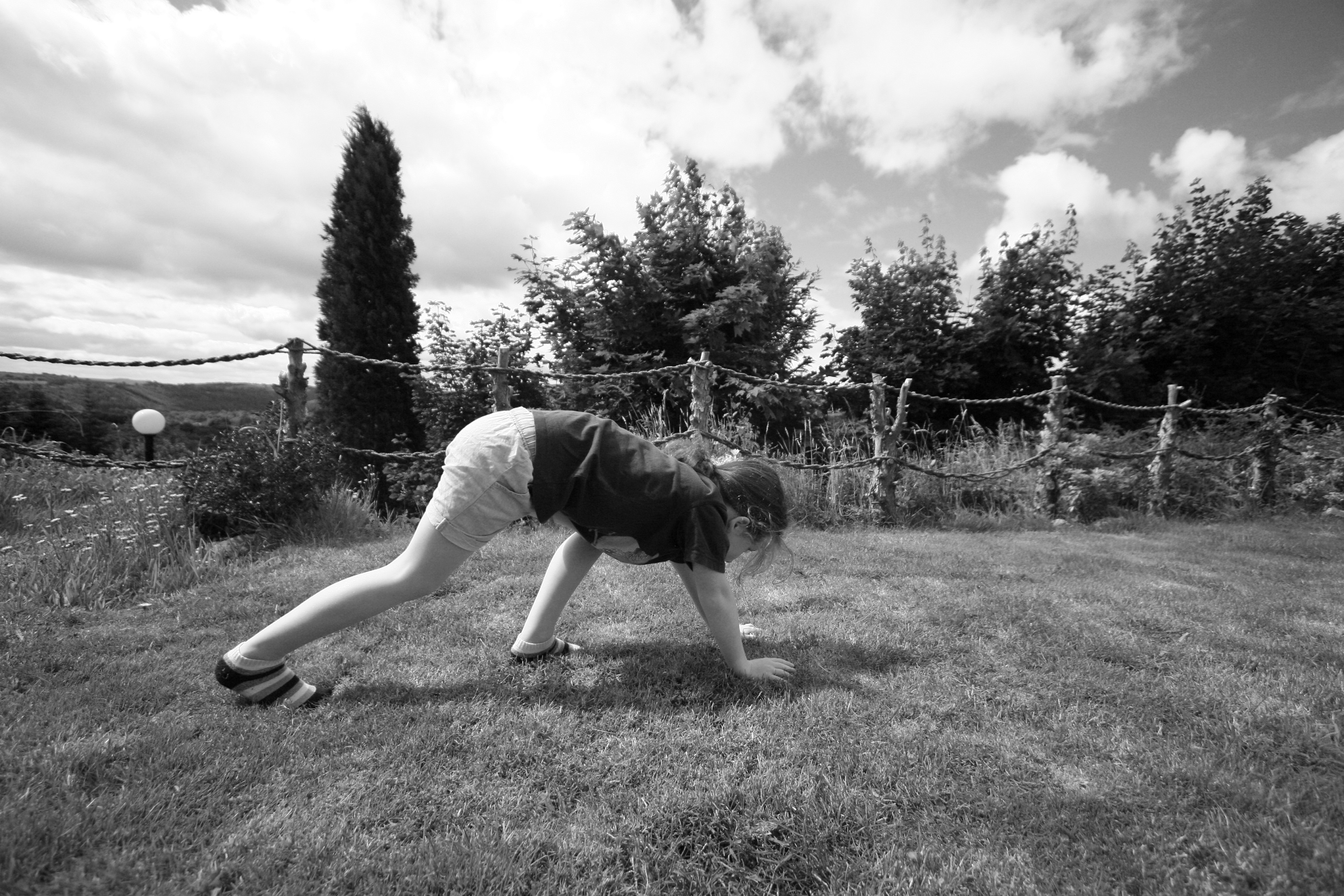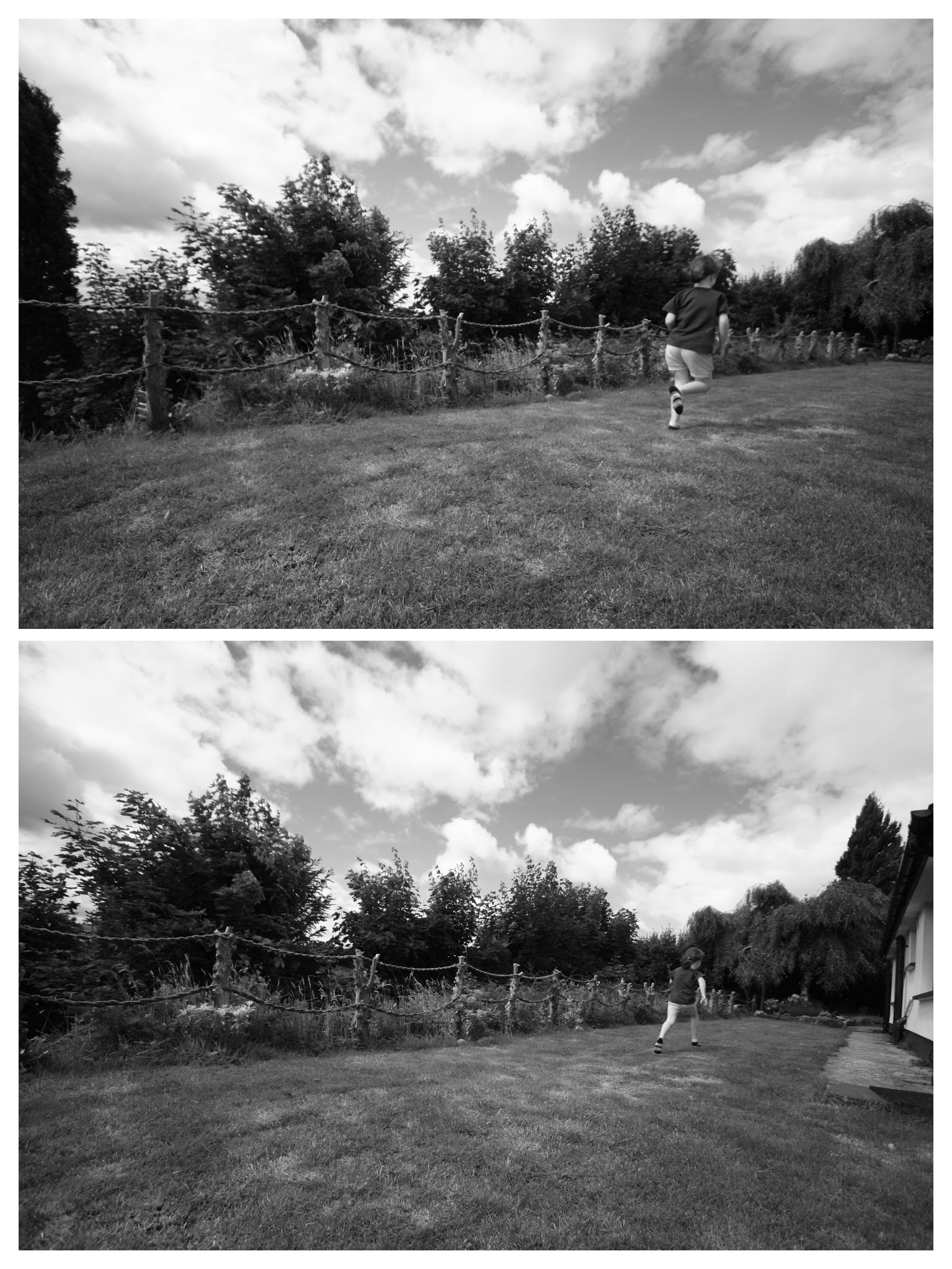I had hoped not to end up writing about the pandemic, but like the damn thing itself, it has become unavoidable. Apart from those whose occupations entail meeting the Coronavirus head on, life is being lived in low gear and in a minor key. We are in a permanent state of crouch, feeling the weight of shared anxiety and uncertainty, probably wondering what the world is going to look like on the other side of this, and where our place will be in it. There has been much talk of a re-ordering of priorities, of an embrace of a slower, simpler way of living, and of a move towards older, more traditional values that speak to connectivity and sustainable community. Nice ideas, nice thoughts, nice sentiments. But so much easier said than done.
As restrictions have eased in different parts of the world, we have seen a compulsive resumption of consumerism and socialising that has inevitably triggered second waves of the pandemic. And so we are forced to retreat once again, to withdraw behind closed doors and hang our heads in shame for the ways in which we were complicit. We will wait for the viral landscape to improve and then, perhaps a little more cautiously, we will do the same again until a third wave is triggered and we are sent indoors once more. This is a pattern that could run and run, and almost certainly will, until a vaccine is created and made available across the world.
So we have a situation a little like the one we routinely see at big international athletics events, such as the Olympic Games. A line of exceptionally powerful athletes, all sinew and muscle, beautifully lithe and limber, are loosening up as they approach the starting line for that most explosive of challenges – the hundred metre sprint. You project onto them the narrative of the years and years of training it took to get to this moment, the self-sacrifice, the discipline, the endless hours of refinement and fine-tuning. Above all we recognise the fine-hair calibration of timing, the sole purpose of which is to peak at exactly the right moment, which is now, the very moment we are observing them and salivating with anticipation at the prospect of a titanic battle of athleticism. We see them try to get into the zone, to wield the psychological weaponry that will allow them to ally their mental and physical resources in to a sub-10 second expression of sporting supremacy. They approach the blocks, and with one or two final shakes of those long, loose legs, they assume the position.
Hands down. Fingers flexed. Backs bent. Legs set. And…NO! A false start. One athlete has gone too soon, followed instinctively by a few others, and it all peters out anticlimactically.
We quickly sense the disappointment and frustration, and read in the athletes’ faces the determination to keep their game face, to not stray too far out of the zone, to control their desire to curse out the competitor who simply couldn’t wait. The one who got their timing wrong and ruined it for everybody. Luckily, they get to go again (Although, perhaps not the offending party – athletes used to be permitted one false start, but since 2016 it results in instant disqualification!). The track official gives everybody time to return to their starter’s position and the athletes are back where they were, wrangling their nerves under control, bringing their demons to heel, shutting out the noise of the fan-filled stadium, and singling their focus on the only thing between them and victory – a hundred metres of man-made track.
But to cover that ground faster than anybody else, they need one thing. A perfect start.
And this is where my analogy has led us. A starting position. Sometimes that is simply all we have. Sometimes it is the only thing we can depend on. If you were coaching the abovementioned athletes, would you ask them for anything less when faced with a restart? Would you not advise them to quickly re-enact their pre-race rituals and checks? Would you question the wisdom of them doing exactly what they did before to give them the best chance of an optimum result?
Now let’s put another frame on this and call the false start in the Olympic 100 metres a crisis, in the same way we can call the Coronavirus pandemic a crisis (though not on the same scale, of course). If, on the occasion of the false start, the sprinters decide to keep running, there is no possible way they can win. There is no victory to be had. The only available pathway to success is the return to their starting position. I don’t think it’s too much of a stretch to regard in the same way the necessity of COVID restrictions and lockdowns, the only difference being that we have to wait an awful lot longer for the race to begin again.
Begin again. It’s a very Beckettian notion. The endless resumption of endeavour in the face of insurmountable odds. Beckett, invariably, was talking about life itself and the futility of trying to impose meaning on it. Perhaps what we are facing during the pandemic is not so dissimilar. When we look at the mounting death tolls, the conflicting health expertise, the incompetence of governments and administrations, and the inability to be unilateral in our strategy, it is hard not to open the door to anxiety and consternation. But we know there are those who are much worse off than us. There are many who have been denied the opportunity to say goodbye to loved ones, whose rituals of grief and farewell have been denied. A tragic story emerged from New York where a dedicated senior health worker was so impacted by her hospital’s failure to to deal with the overwhelming nature of the Coronavirus, that she ended her own life. We walk around with masks, fearful of physical contact. We don’t even hug our friends. An elbow bump is not quite the same
So these are not normal times. We are under duress. Unsurprisingly, lockdown conditions have made us cagey. So now we know what zoo animals feel like. Freedom inhibited. Movement confined. Society withdrawn. Many of us respond by turning in on ourselves. We get twitchy and neurotic. We might start wanting to bite the hand that feeds. An irrationality holds sway that allows our emotions to start dictating terms. Our bodies start to respond to the emotional fluctuations by sending our energy every which way. We go from being on high alert to being utterly drained. Our inability to act or move robs us of purpose. Our resources are not aligned. We become decentralised and no longer know which department to ring to get the answers we need. Frustration is now our default mode, bringing with it a persuasive voice that urges us to scream or smash or cry or lash out. Anything! Just do something!
Stop.
Breathe.
Forgive yourself for not being personally able to control the worst international health crisis in a century.
Breathe again.
Return to your starting position.
The task now is to decide what your particular starting position is. What do you know to be true about yourself? What are the things that stabilise you? What things allow to be functional in the most stripped back way? What habits ground you and encourage your peace of mind? In other words, can you return yourself to first principles? There might not be any other thing that can so successfully restore your power. This is a striving for a clarity of thought that will allow you to roll out of the mental and emotional maelstrom and sit yourself down on solid ground.
Ask yourself simple questions. What do I like? What do I want? What do I believe? What helps me? What doesn’t help me?
We have to be proactive in arranging our internal and external furniture in accordance with the answers to those questions. It is a matter of sustainability. It is a matter of wellness. It is a matter of saying “stop the bus, I want to get off!” People who work in traditionally stressful environments have to condition themselves so their brains and bodies perform optimally in extreme circumstances. The ingrained repetition and reproduction of responses and sequences allows them to be incisive and effective when they would otherwise be overcome with panic and indecision. It is almost like an automatic reboot system that nobody sees. Their instinctive response is overridden so that they can function.
Crises can take many forms and can impact us in many ways. The ability to be resilient is desirable but that doesn’t mean it isn’t often exhausting. In difficult times we can invite some ease into our lives by doing a stock check of what is really necessary for our functionality. We each have the power to define what that is for ourselves because it is based on our own lived experience. It is both internal and external. It is mental and it is sensory. It is following your own voice and seeing your own vision. It is being both the architect and builder of your own space.
We are the sprinters. And we are not going to go to pieces because we have to try again. We are going to go back to the start line and we are going to place our feet in the blocks. We are going to check our position and we are going to look down the the track at the finish line and we are going to say “This is doable. We can win this.”




